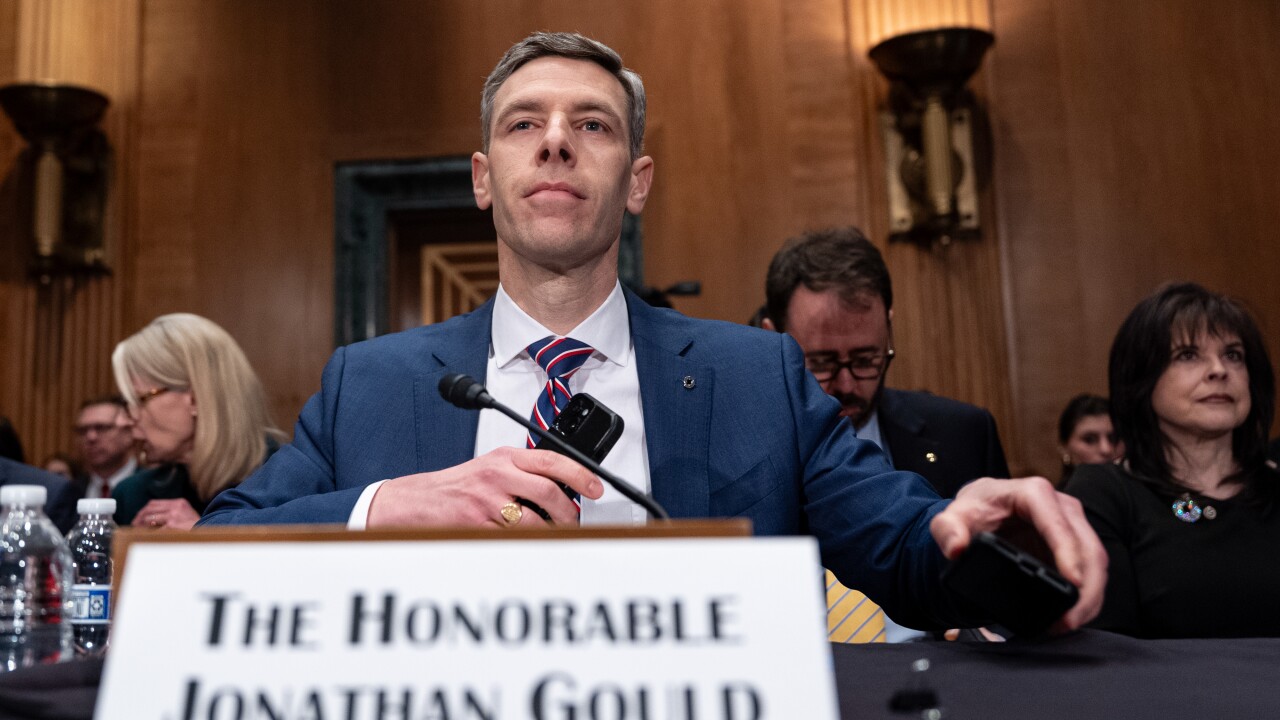
The National Credit Union Administration is expanding term limits and simplifying language to enable low-income designated institutions to maintain access to subordinated debt.
At the agency's monthly board meeting on Thursday, the officials present unanimously approved
Work on the modifications began soon after Congress passed the Consolidated Appropriations Act in 2021, creating the Treasury Department's Emergency Capital Investment Program to help financial institutions reach underserved communities.
While federally-insured credit unions certified as minority depository institutions or community development financial institutions could apply for funding in 15-year or 30-year maturity terms, the
"Over the years, many small, low-income and minority depository institution credit unions have prudently used secondary capital … to increase their regulatory capital levels to protect against future losses and to serve as a foundation for strategic initiatives and growth," Todd Harper, chairman of the NCUA, said during the event.
Harper added that 83 credit unions that have applied to the ECIP received roughly $2.3 billion in capital investments to date since its launch, bolstering the provision of loans and other member services within underserved communities.
But for state banking trade organizations, furthering credit unions' access to outsider capital from investors is contradictory to the tax exemption status those institutions are afforded.
In his response to the NCUA's original request for information, Chris Furlong, president and CEO of the Texas Bankers Association, stressed that the "introduction of outside investment into complex credit unions … raises the question whether such [institutions] should continue to be entitled to such an exemption," Furlong said.
Bruce Whitehurst, president and CEO of the Virginia Bankers Association, wrote that the added stream of funding gives credit unions an unfair advantage in negotiating the
Executives with the NCUA have ramped up initiatives to strengthen de-novo activity in recent years alongside campaigns for credit union inclusion in subordinated debt, including
Kyle Hauptman, vice chairman of the NCUA, explained how individuals struggling with obtaining the necessary backing to launch a de novo — as well as institutions in the beginning stages of operation — can employ subordinated debt to meet regulatory requirements for capital and fuel opportunities for growth.
"We are working on a provisional charter option which will solve the chicken-and-egg challenge of 'we need capital to get a charter, but we need a charter to get the capital.' … Anything that makes it easier to start a new credit union is a step towards true financial inclusion," Hauptman said.
The agency aims to continue tailoring benefits for MDIs and other credit unions that meet the needs of underserved communities using the added clarity.
"You've all heard me say it, and I'll say it again today: financial inclusion is the civil rights issue of our generation, and I, again, believe that ECIP [is] going to bring greater capital and opportunity for credit unions to serve those marginalized communities," said Rodney Hood, member of the NCUA's board of directors.
The NCUA announced that Harper left the monthly meeting early to seek medical evaluation after suddenly experiencing pain in his chest and stomach, but was cleared to return home after tests found that he was medically sound.






